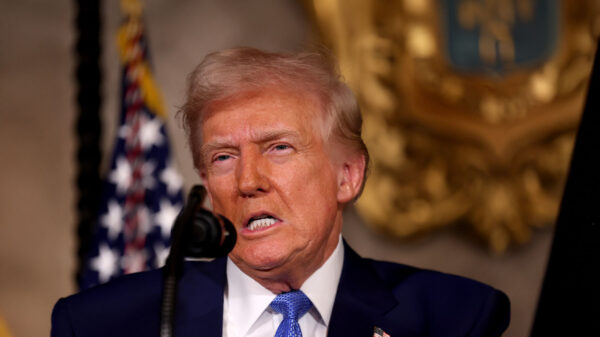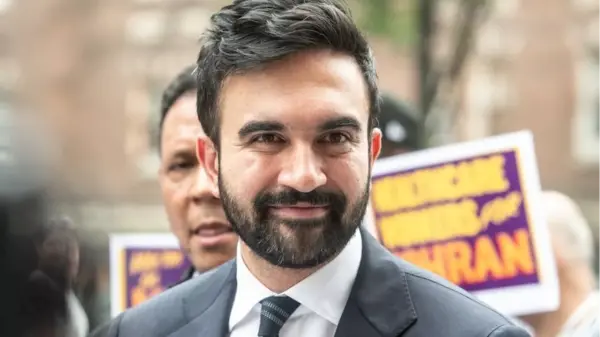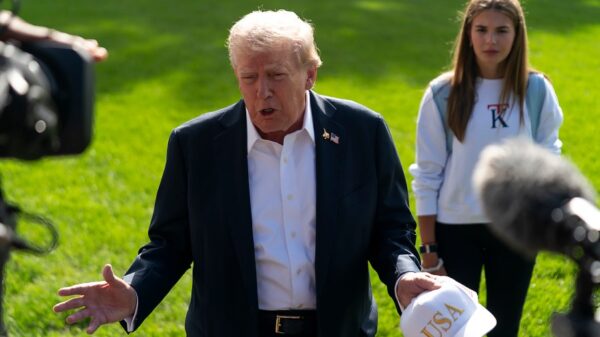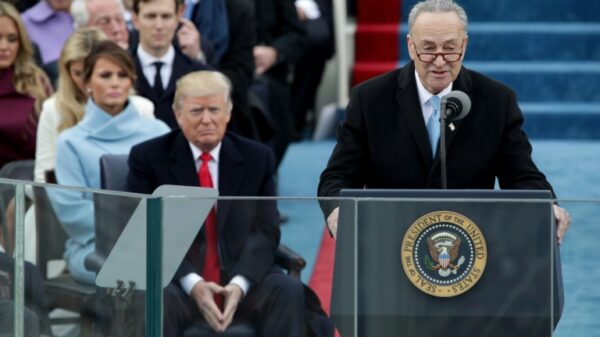The discourse surrounding American leadership has intensified, with many arguing that a robust presence is crucial for promoting global freedom. Recent events have highlighted the role that the United States plays in shaping international policy, with discussions in Congress emphasizing the need for decisive action from the federal government.
Strengthening relationships with allies and reaffirming commitments to democratic values form the backbone of this leadership. The ongoing debates within Congress reflect a growing concern over how American policies impact not only national security but also the broader landscape of global democracy.
Impact of American Leadership on Global Stability
The argument for strong American leadership is often linked to the promotion of political stability in various regions. Countries facing authoritarian regimes often look to the United States for support and guidance. As such, a strong American stance can influence positive changes in governance, fostering environments where freedom can thrive.
Recent discussions have brought to light the financial implications of this leadership. The federal government’s budget allocations for international aid and diplomatic initiatives are seen as indicators of its commitment to global stability. For example, funding for democracy promotion programs increased by $500 million in the 2023 fiscal year, underscoring the belief that American influence can help bolster democratic movements worldwide.
Challenges and Opportunities Ahead
While many support the notion of strong American leadership, challenges remain. Political polarization within the United States poses a significant hurdle. As Congress debates foreign policy strategies, the need for bipartisan support is crucial to implementing effective measures. The upcoming elections in November 2024 will test the resilience of American political unity in addressing these global challenges.
Moreover, economic growth in emerging nations presents both opportunities and challenges for U.S. leadership. As these countries increasingly assert their influence, the U.S. must navigate complex international relations to maintain its role as a global leader. The emphasis on collaboration over confrontation may define future strategies, reflecting a shift towards multilateralism.
In conclusion, the call for strong American leadership is not merely a political stance but a necessity for promoting global freedom and stability. As discussions continue in Congress and among political leaders, the focus remains on how to effectively wield this influence in a rapidly changing world. The decisions made today will undoubtedly shape the future of international relations and the promotion of democratic values around the globe.


































































